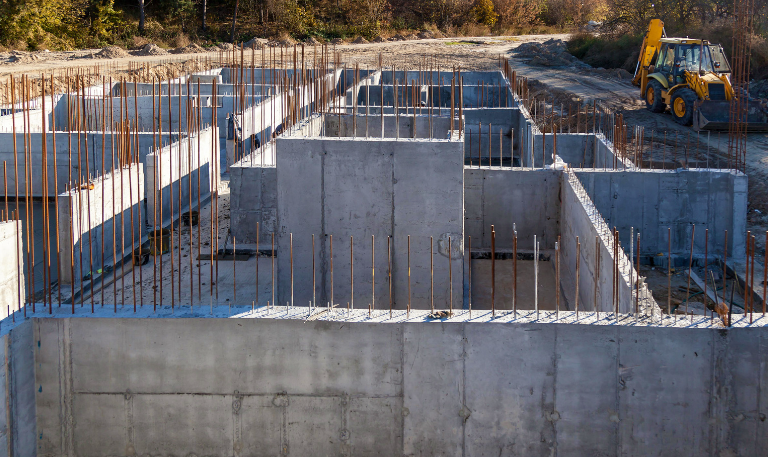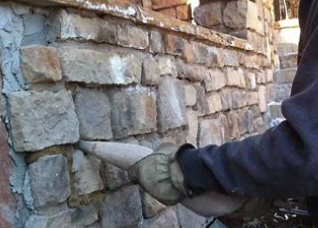Stormwater’s Buried Structural Plastic Problem
One of the most common solutions to stormwater challenges is big chambers or vaults to hold water. That is when there is too much water, stash it somewhere to avoid downstream flooding or combined sewer overflows (CSOs). These systems largely work as intended, and have proven effective.
However, as a solution to an environmental problem we need to be thoughtful. That is by solving one environmental problem we don’t create another.
One of the biggest challenges of this blue/green infrastructure space is the material choice. There are largely two types of systems, those constructed of plastic (e.g., StormTech, ChamberMaxx, StormChamber, R-Tank) and those with concrete (e.g., StormVault, UrbanPond, StormTrap). They largely function the same, but they have several challenges, particularly plastic.
- Specialized fill is often required. Existing soils are low cost, but often not well-suited to the purposes of drainage and structural support. Replacing poor existing soils with well draining stone, improves performance but drives up costs to haul away existing material and purchase the new aggregate.
- Plastic systems are not as structurally sound as concrete. There are systems marketed for use under roadways that cannot be sold in Europe (they have a standard) because they are unable to resist torsional forces (twisting). This is in theory addressed through increased requirements in the spec, but that just makes the contractor responsible for a system that should never be sold for that purpose.
- Plastics aren’t environmentally friendly.The lifecycle of plastic is particularly pernicious. It is derived from oil, is energy-intensive to produce, doesn’t degrade, and potentially leaches unwanted chemicals and particles into waterways. Furthermore recycling isn’t nearly the panacea that the plastics industry would have you believe.
Concrete avoids many of the material choices of plastics. However all vaults have two drawbacks: 1) They can be costly to both build and operate (ie pumping to move water out)– concrete more so than plastic, and 2) They are often ignored, and thus not properly cleaned/maintained.
As we look to address our environmental challenges, we need to think beyond isolated problems and think holistically. And if you went to an environmental professional, and told them you wanted to bury plastic they would cringe. However, this is often a preferred solution to address the challenge of stormwater. But should it be?

VP of Business DevelopmentAaron Fisher
Latest News

4 Ways To Reinforce Concrete
Concrete is one of the most fundamental materials used in construction. If you’re working on a domestic project or a […]

The Environmental Benefits Of Using Ready-Mix Concrete
The construction industry is changing quickly to meet the growing demand for sustainability and eco-friendly practices. One of the most […]

6 Essential Tips For Grouting Stone Veneer
Grouting stone veneer is an important step in the installation process that can significantly impact the overall look and durability […]

Should You Fill Hollow Concrete Blocks?
Hollow concrete blocks are widely used in construction due to their strength, versatility, and lighter weight compared to solid blocks. […]
